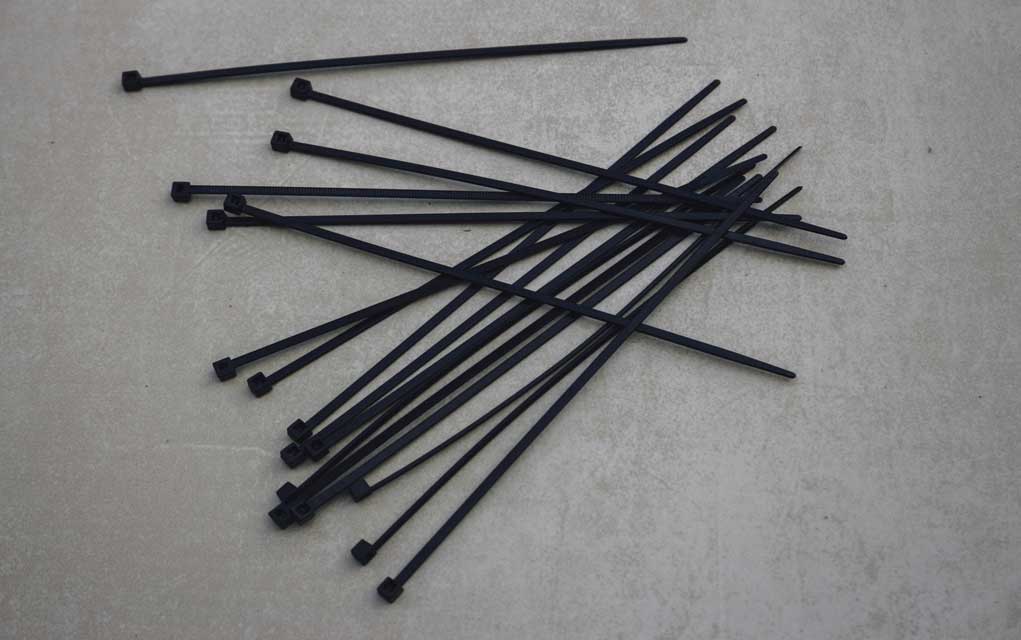(ModernSurvival.org) – The cost of living in America has steadily risen over the past few years. The situation has become so dire that 64% of Americans live paycheck to paycheck, even higher among those making less than $50,000 annually. Staying afloat in a chaotic economy is a constant source of stress for many. With that in mind, here are some helpful tips to help you save money while trying to make ends meet.
Start a Budget
Tracking your expenditures and creating a budget is a great way to start saving money. First, you know where your money is going and can see where you can cut back expenses. By giving yourself a set amount to spend on purchases such as groceries, personal care, entertainment, and bills, you gain greater control over your finances. Be realistic when setting your budget. Study your spending habits, then change them accordingly.
Reduce Food Expenses
It’s easy to overspend on food. After a long day at work, dining out at a restaurant or fast food establishment to avoid cooking and cleaning up dishes may seem like a good idea. However, the costs associated with this add up quickly. Before you know it, hundreds (if not thousands) of dollars have been eaten up.
Instead, cook large meals that can provide food for multiple days. Not only will this cut down on the number of dirty dishes that come with cooking every day, but it will also save you money. The leftovers can provide multiple meals over the next couple of days, or can be frozen for a future date and time. Either way, you’re saving yourself from having to eat out at a restaurant or fast food establishment.
Remove Non-Essentials
When times are truly tough, extra bills such as streaming subscriptions are weights that will drag your finances down. Other non-essential expenses include clothing that isn’t required, video games, makeup, and gym memberships. While these may be nice perks, they’re not necessary for survival.
Unplug Appliances
Even when an appliance isn’t in use, it’s still consuming electricity. In turn, this leads to higher energy bills. According to the U.S. Department of Energy, an average household spends an additional $100-200 per year on electricity from appliances that aren’t being used. Pull the plug on your television, computer, toaster, hair dryer, coffee pot, and table lamps to avoid spending more than you should.
DIY
Learning how to repair your home or vehicle will save you boatloads of money in the long run. While some repairs still belong in the hands of professionals, there are others that you can learn to do yourself. For example, the average cost to have a plumber visit your home is $100 an hour, plus the cost of materials and a service fee. Learning to replace a leaky faucet on your own will keep your cash safely in your wallet.
These are a few examples of how to develop good money habits and save cash when finances are tight. Even for those who aren’t struggling, implementing these changes will provide a way to begin saving money for a rainy day. Check out our article on How to Preserve Your Income in an Unstable Economy for additional financial tips.
Copyright 2023, ModernSurvival.org













